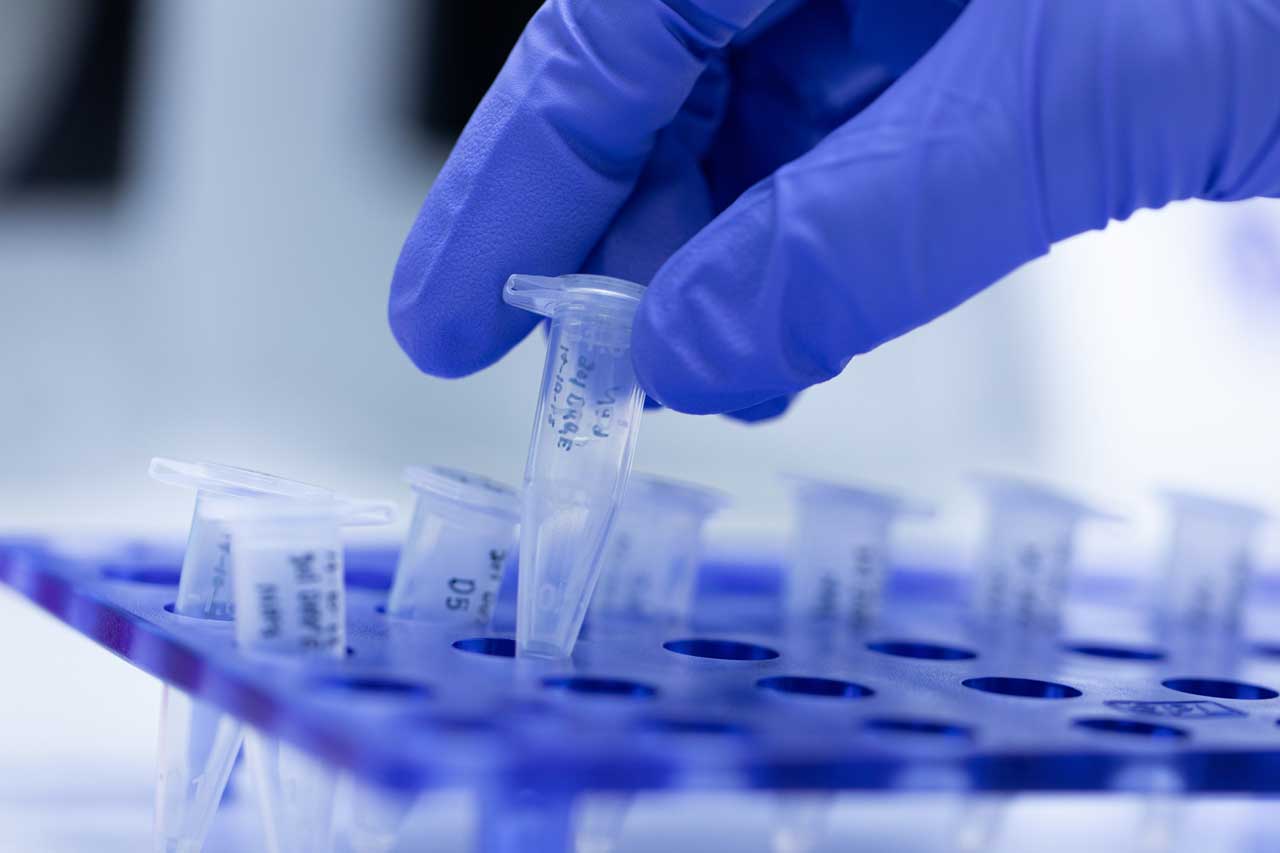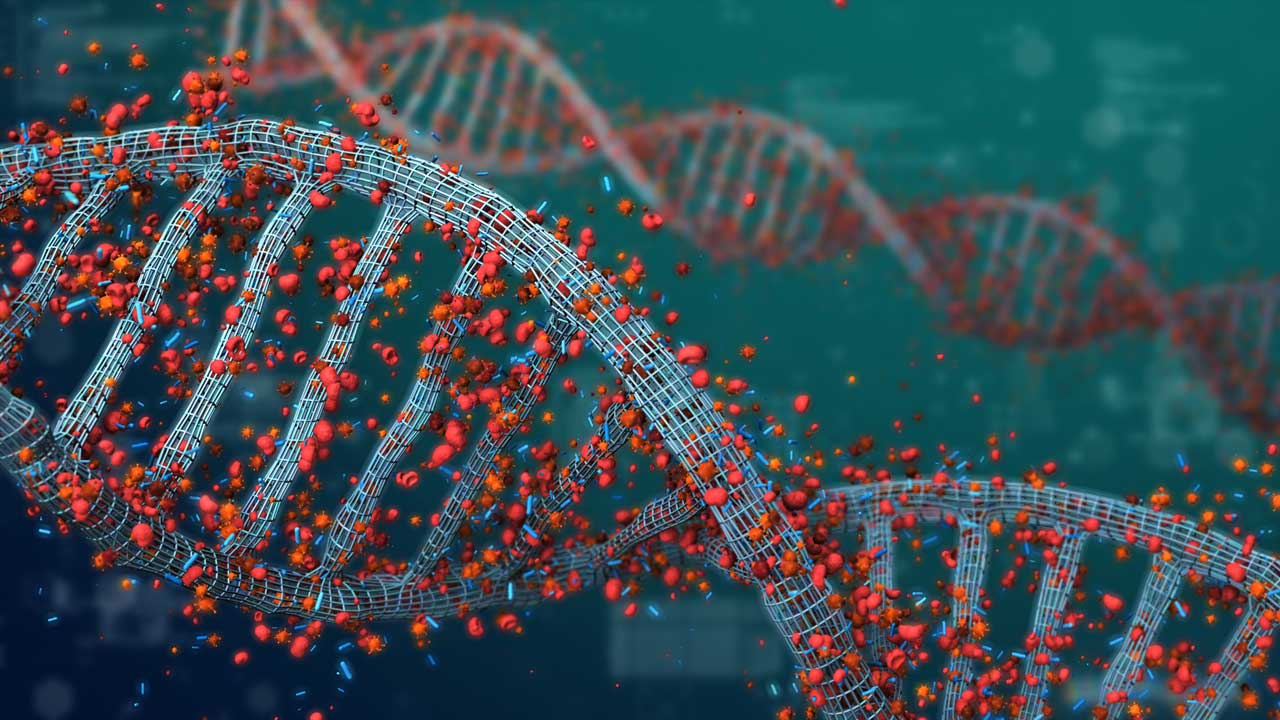
The therapeutic peptides market is experiencing unprecedented growth, fundamentally transforming the approach to disease treatment and drug development in modern medicine. These sophisticated biomolecules, engineered at the molecular level, offer unique advantages over traditional pharmaceuticals by combining the precision of biologics with the synthetic accessibility of small molecules.
At Adesis, we witness firsthand how therapeutic peptides are revolutionizing treatment paradigms across multiple disease areas, including diabetes, cancer, autoimmune disorders, and infectious diseases. The emergence of therapeutic peptides represents a paradigm shift in pharmaceutical development, offering solutions to previously intractable medical challenges while providing improved safety profiles and targeted therapeutic effects.
The Rise of Peptide Therapeutics
The journey of therapeutic peptides from laboratory curiosities to mainstream pharmaceuticals spans several decades of scientific innovation and technological advancement. The first therapeutic peptide, insulin, was isolated in 1922 and revolutionized diabetes treatment, saving countless lives and establishing the foundation for modern peptide medicine. However, the true expansion of peptide therapeutics began in the 1980s with the development of synthetic peptide hormones and the introduction of recombinant DNA technology.
The evolution of peptide therapeutics has been marked by significant milestones, including the development of GLP-1 receptor agonists for diabetes treatment, synthetic oxytocin for obstetric applications, and peptide-based cancer vaccines. Each breakthrough has expanded our understanding of peptide pharmacology while demonstrating the versatility and potential of these therapeutic modalities.
Advantages of Peptide-Based Therapies
Therapeutic peptides offer several compelling advantages over traditional small-molecule drugs and large protein biologics, making them an increasingly attractive option for pharmaceutical development. These advantages stem from their unique structural characteristics and biological properties that enable precise therapeutic targeting while minimizing off-target effects.
Key Therapeutic Advantages:
- Optimal molecular size: Peptides typically range from 2 to 50 amino acids, positioning them in a unique therapeutic space between small molecules and full proteins. This intermediate size provides sufficient structural complexity for specific target recognition while maintaining synthetic accessibility and relative stability compared to larger biologics.
- Enhanced target specificity: The structural complexity of peptides enables highly specific binding to biological targets with minimal cross-reactivity. This selectivity translates to reduced off-target effects and improved therapeutic windows compared to small molecule drugs.
- Superior biocompatibility: Composed of naturally occurring amino acids, peptides demonstrate inherent compatibility with biological systems. Unlike synthetic small molecules that may generate toxic metabolites, peptides are typically degraded into harmless amino acids through normal physiological processes.
- Reduced immunogenicity risk: The natural amino acid composition of peptides generally results in favorable safety profiles with minimal immunogenicity concerns. This characteristic enables development of chronic therapies without significant immune system complications.
- Predictable metabolism: Peptides follow well-understood degradation pathways through existing proteolytic systems in the body. This predictable metabolism reduces concerns about unknown metabolic products and enables more reliable pharmacokinetic modeling.
- Synthetic accessibility: Unlike large protein biologics that require complex expression systems, peptides can be synthesized chemically with precise control over sequence and modifications. This synthetic approach enables incorporation of non-natural amino acids and specialized modifications for enhanced properties.
- Formulation flexibility: The chemical nature of peptides allows for diverse formulation approaches including sustained-release systems, targeted delivery vehicles, and stability-enhancing modifications. This flexibility enables optimization of dosing regimens and patient compliance profiles.
Our discovery chemistry expertise leverages these inherent advantages to develop optimized peptide therapeutics for our pharmaceutical partners. The combination of these favorable characteristics positions peptides as ideal candidates for addressing previously challenging therapeutic targets while maintaining acceptable safety and manufacturing profiles.
Selectivity and Safety Profile
The exquisite selectivity of therapeutic peptides stems from their ability to mimic natural protein-protein interactions while maintaining high affinity for specific biological targets. This selectivity translates to reduced off-target effects and improved therapeutic windows compared to small-molecule drugs that may interact with multiple cellular targets.
Peptide therapeutics demonstrate remarkable safety profiles in clinical applications, with most adverse events being mild and related to injection site reactions rather than systemic toxicity. This safety advantage has enabled the development of chronic therapies for conditions such as diabetes, where patients may require daily peptide injections for years without significant safety concerns.
Biocompatibility and Metabolism
The natural metabolism of therapeutic peptides through existing proteolytic pathways ensures predictable clearance mechanisms and minimal risk of bioaccumulation. This characteristic contrasts favorably with synthetic drugs that may persist in tissues or generate harmful metabolites.
The biodegradability of peptides also supports environmental sustainability, as these molecules break down naturally without contributing to pharmaceutical pollution in water systems. Our commitment to responsible manufacturing includes consideration of environmental impact throughout the peptide development process.
Key Therapeutic Areas
The versatility of therapeutic peptides has led to successful applications across diverse therapeutic areas, with each application leveraging specific advantages of peptide-based approaches. The most significant therapeutic areas include endocrine disorders, oncology, cardiovascular disease, and infectious diseases, each representing billions of dollars in market opportunity and substantial patient populations.
The endocrine system has proven particularly well-suited to peptide therapeutics, as many natural hormones are peptides themselves. This natural compatibility has enabled the development of highly successful peptide drugs for diabetes, growth hormone deficiency, and reproductive disorders. The success in endocrine applications has served as a foundation for expanding into other therapeutic areas.
Endocrine and Metabolic Disorders
Diabetes treatment has been revolutionized by peptide therapeutics, beginning with insulin and expanding to include GLP-1 receptor agonists, amylin analogs, and dual-action peptides that target multiple pathways simultaneously. These advances have transformed diabetes management from simple glucose control to comprehensive metabolic regulation, offering benefits for cardiovascular health and weight management.
The development of long-acting peptide formulations has significantly improved patient compliance and quality of life. Weekly injection regimens for GLP-1 agonists represent a major advancement over daily insulin injections, demonstrating how peptide modification and formulation science can enhance therapeutic value. Our process chemistry capabilities support the development of such modified peptides with enhanced pharmacokinetic properties.
Oncology Applications
Cancer treatment has embraced therapeutic peptides across multiple mechanisms of action, including targeted therapy, immunomodulation, and drug delivery. Peptide-based cancer vaccines stimulate immune responses against tumor-associated antigens, while cytotoxic peptides deliver targeted cell death signals to cancer cells.
The development of peptide-drug conjugates represents a particularly promising approach, combining the targeting specificity of peptides with the potent cytotoxic effects of chemotherapy agents. This strategy enables delivery of highly toxic drugs specifically to cancer cells while sparing healthy tissues, potentially improving both efficacy and safety profiles.
Development Challenges and Solutions
Despite their therapeutic advantages, peptide drugs face several development challenges that must be addressed to achieve clinical and commercial success. These challenges include limited oral bioavailability, proteolytic instability, and manufacturing complexity that can impact development timelines and costs.
The most significant challenge historically has been the requirement for parenteral administration due to poor oral bioavailability. Peptides are susceptible to degradation by digestive enzymes and have limited absorption across intestinal barriers. However, recent advances in delivery technologies, including absorption enhancers, protective formulations, and alternative delivery routes, are beginning to address these limitations.
Formulation and Delivery Innovations
Recent innovations in peptide formulation and delivery have significantly expanded therapeutic possibilities. Nasal delivery systems enable rapid absorption and potential CNS targeting, while transdermal patches provide sustained release for chronic therapies. Inhalation formulations provide lung-targeted delivery for respiratory conditions and may also facilitate potential systemic absorption.
Long-acting formulations using depot injection technologies, PEGylation, and sustained-release systems have transformed treatment regimens from daily to weekly or monthly administration. These advances improve patient compliance while maintaining therapeutic efficacy, representing significant commercial advantages for peptide therapeutics.
Adesis’s Role in Peptide Therapeutic Development
At Adesis, we play a crucial role in advancing peptide therapeutic development through our comprehensive services, which span from early discovery to commercial manufacturing. Our expertise encompasses peptide design optimization, synthesis development, analytical method development, and scale-up manufacturing, supporting pharmaceutical partners throughout the entire development lifecycle.
The integration of our discovery chemistry, process development, and manufacturing capabilities provides pharmaceutical partners with a seamless development pathway that reduces timelines and minimizes technology transfer risks. This integrated approach has proven particularly valuable for peptide therapeutics, where the complexity of synthesis and the stringent purity requirements demand specialized expertise at every development stage.
Transform Healthcare with Peptide Innovation: How Adesis Can Help You
The future of therapeutic peptides is exceptionally bright, with continued advances in peptide design, synthesis technologies, and delivery systems expanding therapeutic possibilities across all major disease areas. At Adesis, we’re dedicated to supporting this therapeutic revolution through our comprehensive peptide development capabilities and unwavering commitment to quality and innovation.
Whether you’re developing a novel peptide therapeutic, optimizing an existing peptide drug, or scaling up production for clinical trials, our team of experts stands ready to accelerate your development goals. Contact us today to learn more about how our peptide expertise can help transform your innovative concepts into life-changing medicines that will define the future of healthcare.


